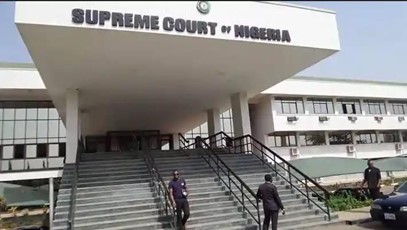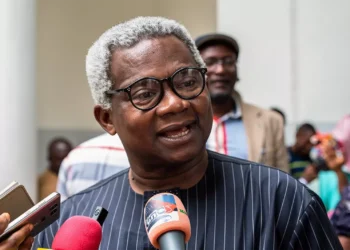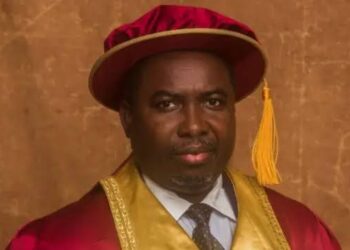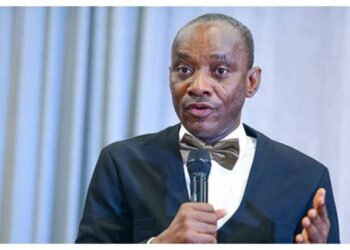The Apex Court is set to rule on a lawsuit filed by some state governments contesting the validity of the Federal Government’s anti-corruption laws that established the Economic and Financial Crimes Commission (EFCC) and two other agencies.
The Nigerian Financial Intelligence Unit (NFIU) and the Independent Corrupt Practices and Other Related Offences Commission (ICPC) are the other two, whose validity is being questioned.
Following the last hearing on October 22, the Supreme Court postponed rendering a decision until a date that would be announced to the parties.
It was gathered that parties in the case have since been notified by the apex court’s registry that judgement will be rendered on November 15 in the suit, marked: SC/CV/178/2023 originally filed by the Attorney General of Kogi State.
While several states asked to be included as co-plaintiffs in the complaint, which was first brought by Kogi, other states later filed a similar lawsuit in which the Attorney General of the Federation (AGF) is the only defendant.
Approximately 20 states, including Kogi, consented to be plaintiffs before the suit’s October 22 hearing. Kebbi, Katsina, Sokoto, Jigawa, Enugu, Oyo, Benue, Plateau, Cross River, Ondo, Niger, Edo, Bauchi, Imo, Osun, Nasarawa, Ogun, and Taraba were the other five states present.
States including Anambra, Adamawa, and Ebonyi withdrew from the lawsuit while it was being heard on October 22. Following the hearing, other states also stopped participating. Considering the recent wave of withdrawals, it is unclear how many states are supporting the case.
Mohammed Abdulwahab (SAN), the attorney for the AG of Kogi State, stated on October 22 that the Supreme Court’s ruling in the previous case of Dr. Joseph Nwobike vs. Federal Republic of Nigeria was the main point of contention.
Abdulwahab said that the attorney who represented Nwobike in the previous case needs to be brought to testify in court in accordance with Order 4 of the Supreme Court’s Rules.
The attorney was involved in the bill that led to the creation of the EFCC and the ICPC, he continued.
When Justice Abba-Aji, the Presiding Justice, asked Abdulwahab to provide the lawyer’s identity, he revealed that it was Chief Kanu Agabi (SAN), a former AGF.
“Chief Kanu Agabi (SAN) informed this court that the UN Convention was the one that made this a law,” Abdulwahab continued. That clause in Section 12 was never adhered to.
“This fact was not an issue with the case of AG Ondo vs. AG Federation. There is a specific provision for bringing a convention in. You cannot just be talking about Items 7 and 8 (of the Exclusive Legislative List).
“We are also challenging the foundation of those laws that created NIFU, EFCC, etc. in order not to create a constitutional crisis.
“We urge you to allow our suit and award heavy costs in favour of the plaintiff on record,” Abdulwahab said.
In his counterargument, the AGF asserted that all the issues presented in the plaintiffs’ complaint had previously been resolved by the Attorney General of Ondo v. Attorney General of the Federation case and other Supreme Court rulings.
Fagbemi asked the court to dismiss the lawsuit, arguing that the Supreme Court could not deviate from prior rulings.




































